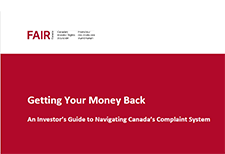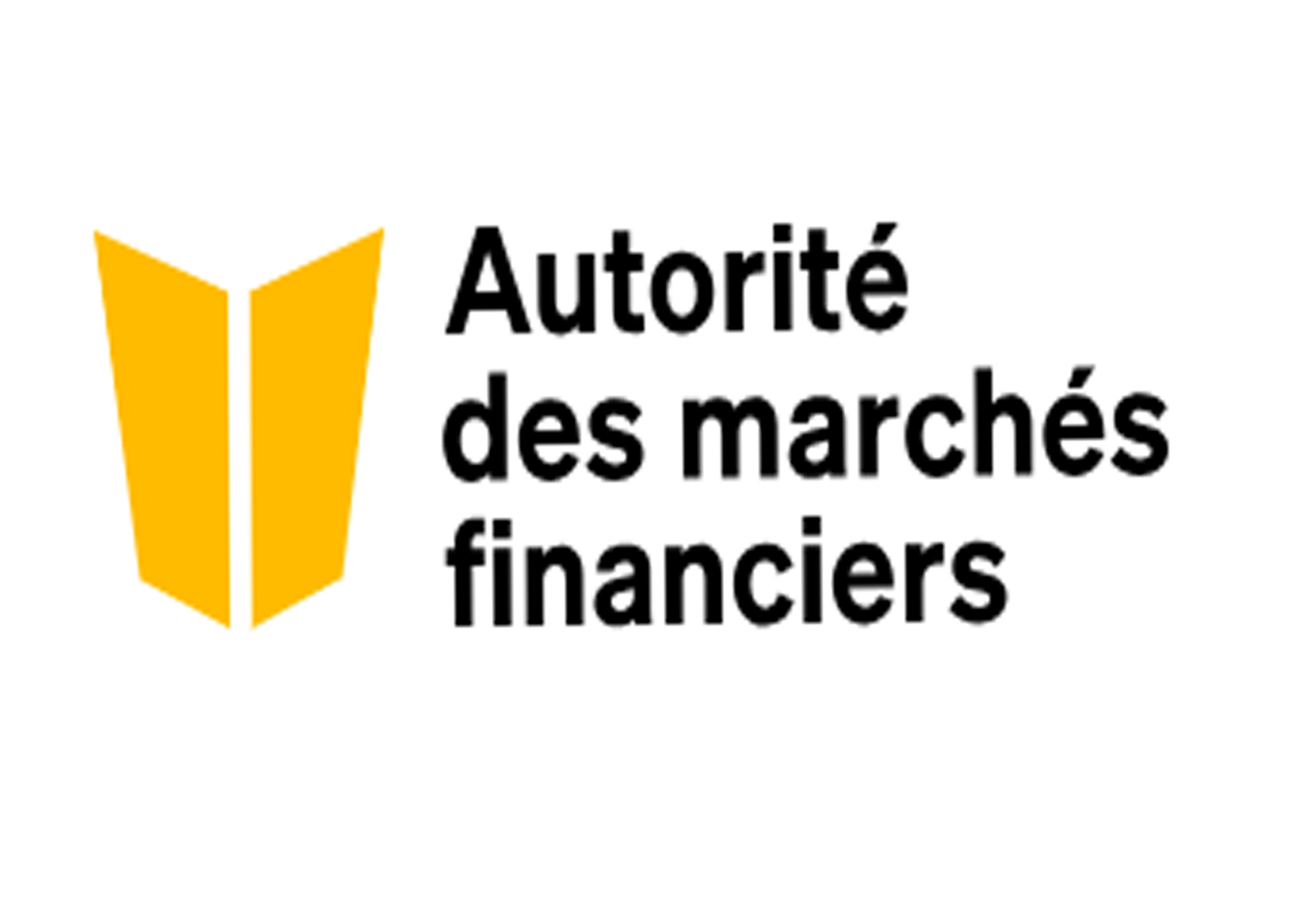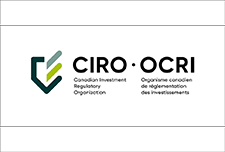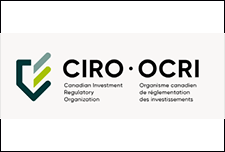Discover financial empowerment resources
Discover financial empowerment resources
A video on diversification and asset mix for investing. The full transcript is also...

When you work with an investment advisor, it is important to know your rights as an investor. Available in...

Investments generate different types of revenues, such as: Interest; Capital gains; Dividends. Certain types of investment revenues are more taxable than others. Several plans offer tax benefits that you can take advantage of. Thus, when you invest in these plans, the type of...

A culturally grounded resource to support Indigenous financial wellness. Braiding Mind, Body, and Spirit is a financial wellness bundle created by and for Indigenous individuals and communities. Developed with Indigenous teachings, community voices, and practical tools to support individuals,...
See the impact of markets ups, downs, and more based on historical data. Available in...

An emergency fund is money you set aside to pay for unexpected expenses. These can include things like medical expenses or unexpected home or car repairs. An emergency fund also provides a cushion in the event you lose your job or have an unexpected loss of income. It’s an important financial...

Investing can be a great way to grow your wealth, but it’s important to understand the tax implications that come with it. In Canada, the taxation of investment income varies depending on the type of investment and the account in which it is held. Access this resource by the Canadian Investment...

This glossary of investing terms put together by the Canadian Investment Regulatory Organization (CIRO) may be useful for new and seasoned investors...

Self-directed investors, or do-it-yourself (DIY) investors, decide which investments they want to buy and sell, and when. They direct their investment strategy themselves. Learn more about DIY investing by accessing this...

Securities regulators from each province and territory have teamed up to form the Canadian Securities Administrators, or CSA for short. The CSA is primarily responsible for developing a harmonized approach to securities regulation across the country. Have you ever considered how much of our lives...

The Nova Scotia Securities Commission has investor education videos covering a range of topics from recognizing frauds and scams to learning more about investing and compound interest. Access this resource to see them...

Enrolling in post-secondary education can be expensive. The Registered Education Savings Plan (RESP) is a dedicated savings plan designed to help you save for a child’s education after high school. Learn more about how RESPs work, the types of RESPs, and the fees involved by heading over to the...

Following the crowd can help you simplify complex decisions like investing. But you could lose money by investing in something just because everyone else is. Find out how to avoid herd behaviour by watching this video from the Ontario Securities...

There are many ways to invest. Your choices will depend on your goals, your timeline and your willingness and ability to accept risk. It’s important to know some basics. This article by CIRO outlines the 5 key principles of investing: can you afford it, diversification, invest for the long term,...

Investment firms are required to provide to each client an annual summary of all fees paid the previous year for services and advice. These requirements result in greater transparency about what you are paying, either directly or indirectly, for investment advice and other...

No matter what type of investment you buy or advice you receive, you will be charged fees. There are many different types of fees and ways that you can be charged. Use this calculator by the Ontario Securities Commission to estimate how these fees can affect your investments over...

The Office of the Investor at the Canadian Investment Regulatory Organization (CIRO) engaged with Innovative Research Group to conduct the organization’s first national investor survey. The objective of this general population (and particularly investors) survey research is to help CIRO better...

The British Columbia Securities Commission’s InvestRight has unveiled an online space dedicated to women and investing. This comprehensive guide to investing, called Women and Investing, features quizzes and resources explicitly designed to engage more women in investing. To assist you in...

Momentum is a Calgary-based community organization that works with people living on low incomes and partners in the community to create a thriving local economy for all. For over 20 years, Momentum has offered matched savings programs that build financial stability by working with participants to...

Registered Retirement Savings Plans (RRSPs) are accounts registered with the Canada Revenue Agency (CRA) that help you save for retirement or other goals. To make it easier, the British Columbia Securities Commission has created a simple guide to understanding RRSPs. In this post you’ll learn...

Crypto assets are digital assets that use cryptography (a method to secure data), peer-to-peer networking, and a public ledger to create, verify and record transactions. Crypto assets include cryptocurrencies, crypto funds and digital tokens. Bitcoin and Ether are examples of...

Borrowing to invest in Canada, often referred to as leveraging or margin investing, involves using borrowed funds to buy investments with the expectation of creating returns that are greater than the cost of borrowing. Make sure you understand how it works, including the interest rate, how interest...

Before you invest, it’s important to understand what kind of investor you are which means knowing your willingness and ability to accept risk, your investment time horizon and your objectives. Try the Investor Questionnaire to begin to learn some insights into factors such as your investment...

Interest rates may have an important impact on your finances. In this article learn about the different types of interest...

Compound interest, also known as compounding, is a financial concept that can turn small investments into large sums over time. Unlike simple interest, which is calculated only on the first amount of money invested, compound interest takes into account both the principal (first deposit) and the...

